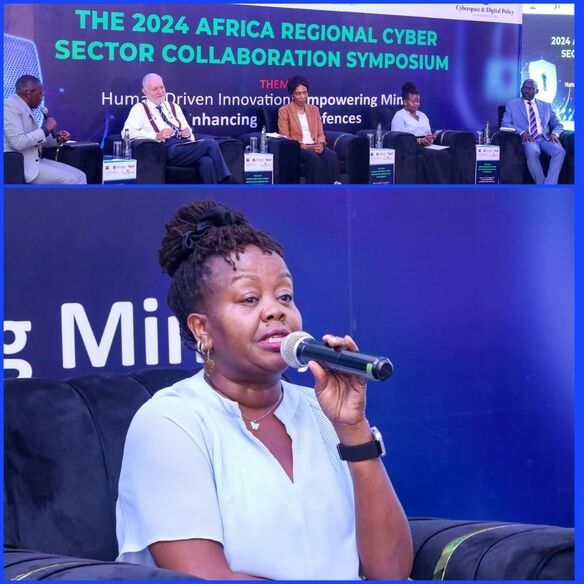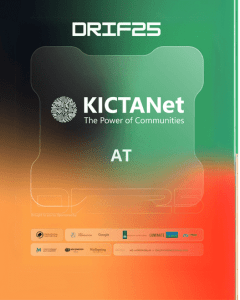Blog by Dr. Grace Githaiga
Addressing the cybersecurity skills gap in Africa is a pressing challenge that requires innovative strategies and initiatives to enhance awareness and education in this critical field. As the continent experiences rapid digital transformation, the need for a skilled workforce capable of combating increasing cyber threats has never been more urgent. To effectively bridge this gap, several key approaches can be adopted, particularly in underserved regions.
At the grassroots level, making cybersecurity more accessible involves organizing community workshops that demystify complex concepts for non-technical audiences. These hands-on workshops can engage local populations and promote understanding of cybersecurity risks and best practices.
Simplified messaging is also essential; developing clear, jargon-free materials—such as those produced by KICTANet’s such as Mama Junior animations and comic strips, which can help bridge knowledge gaps for individuals without technical backgrounds.
Another strategy involves leveraging online learning platforms such as KICTANet’s e-learning platform, that can significantly expand the reach of cybersecurity training programs. These platforms enable individuals and youth in rural or underserved regions to access educational resources without the constraints of geographical barriers. The assumption here though is that participants possess basic digital skills, allowing them to engage with online courses focused on cybersecurity competencies.
Collaboration with local stakeholders such as county governments and local organizations, is another crucial element in addressing the cybersecurity skills gap. By forming partnerships with county government, government agencies, and private sector organizations, initiatives can be funded and supported more effectively. Such collaborations ensure that training programs are relevant and tailored to the specific needs of the community, enhancing buy-in from participants.
Finally, bridging the cybersecurity skills gap necessitates a multifaceted approach that combines innovative training methods, community engagement, industry collaboration, and accessible educational resources. By focusing on scaling these programs to reach underserved regions, stakeholders can empower individuals with the skills needed to navigate an increasingly complex digital landscape while fostering a safer online environment for all.
![]()




